From wearing sweaters to pumpkin carving, fall brings a bucket of undeniable perks. But this year, you might want to leave your pumpkin spice latte behind.
Now you may be wondering why on Earth you would ditch one of the most iconic seasonal perks. Actually, an astounding 85 percent of Americans consume at least one caffeinated beverage a day, making it not only the most popular drugs but also one of the hardest to drop.
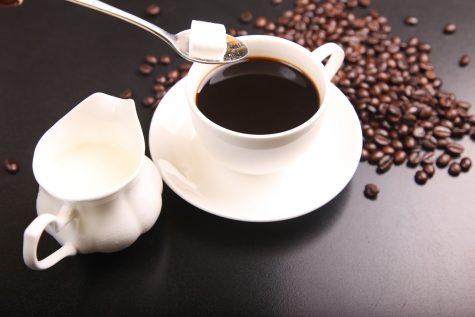
Most people can agree that they need something caffeinated in the morning to force them out the door. Once ingested, caffeine hits the central nervous system, giving you increased heart rate and alertness. It’s no wonder so many people love it so much, particularly as you can find caffeine in so many forms, such as tea, coffee, energy drinks and soda. It is so popular that the U.S. has an entire industry based around keeping you addicted.
Around 92 percent of college students consume at least half of the suggested daily amount. On the University of North Florida campus, you can find caffeine at Starbucks, Outtakes, Einstein Bros. Bagels and just about any other restaurant or store on campus. It’s normal to see students in the Thomas G. Carpenter library with an oversized beverage in their hands bragging about how they need it to stay up so they can study for their exam the next day. Yes, we know who you are.
This phenomenon is nothing new for us. Even Frank Sinatra sang about coffee’s sweet bliss. But it wasn’t until recently that we took the first step in the seven-step process: we admitted that America has a caffeine problem. Caffeine is such a socially accepted drug that we ignore addiction issues.
If you are a coffee connoisseur, you might already be able to tell the signs of withdrawal when you don’t ingest your daily dose. Although it can differ from person to person, some symptoms include headaches, fatigue, difficulty concentrating and a dysphoric mood.
What might be more shocking is that physicians that work in emergency departments must know the symptoms because in more serious cases they can overlap with anxiety, depression, mood disorders and insomnia. Although it doesn’t seem like a big deal, caffeine works on the same brain pathways as heroin and cocaine, making it extremely addictive.
Worried that you might have a caffeine problem now? Chances are that you might. Professionals advise that, instead of dropping it all together, you slowly decrease your ingestion so you don’t develop withdrawal syndrome. Unfortunately, that does mean getting one less of those amazing pumpkin spice lattes. For those who don’t rely on caffeine already, take this advice from a personal addict, don’t start.
—
For more information or news tips, or if you see an error in this story or have any compliments or concerns, contact editor@unfspinnaker.com.



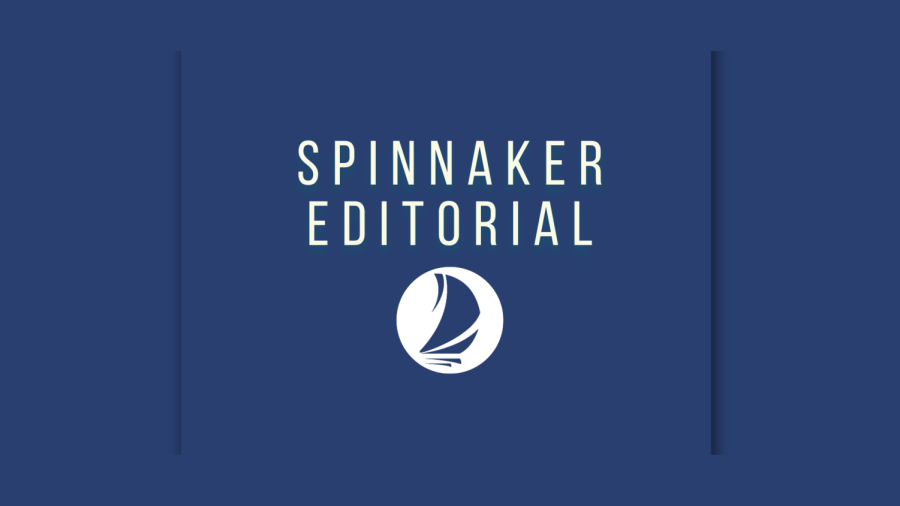
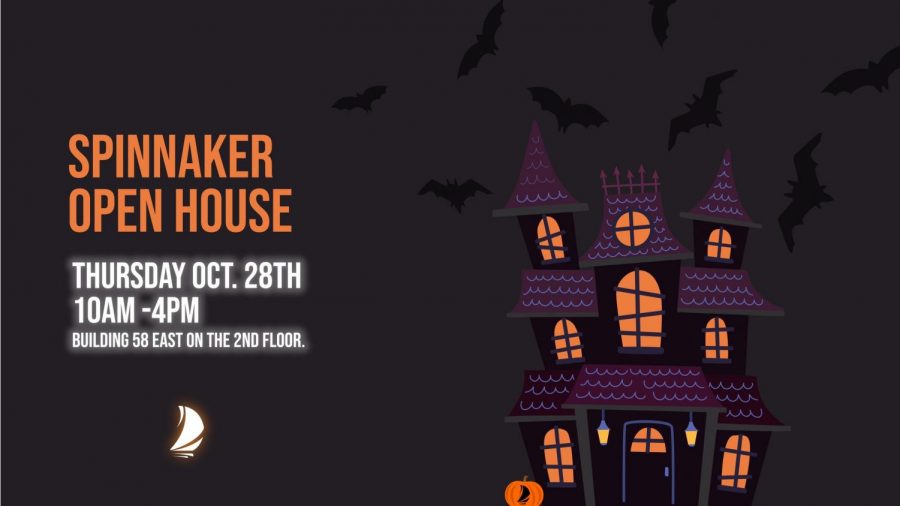
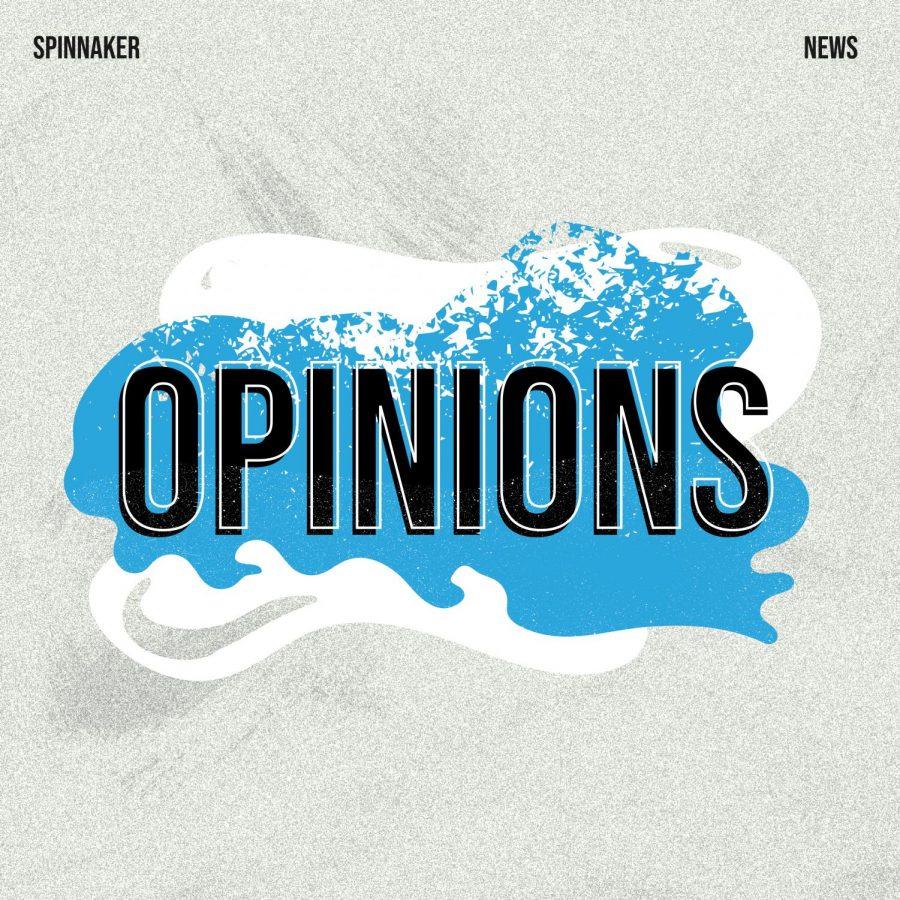
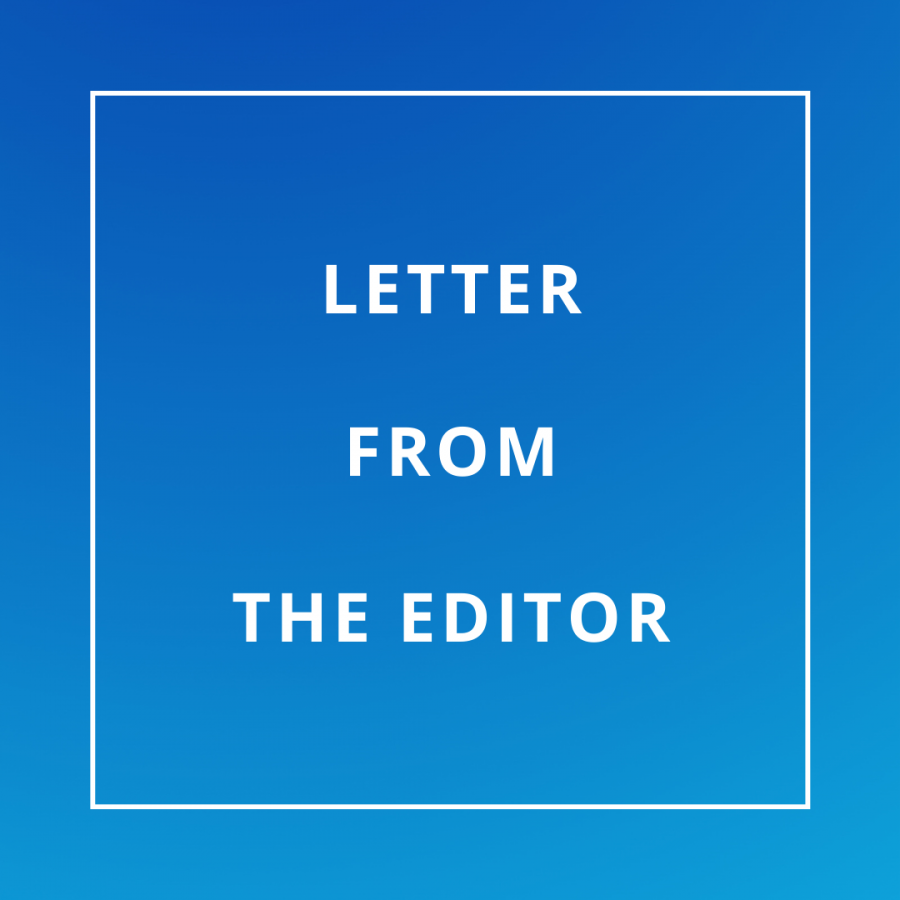







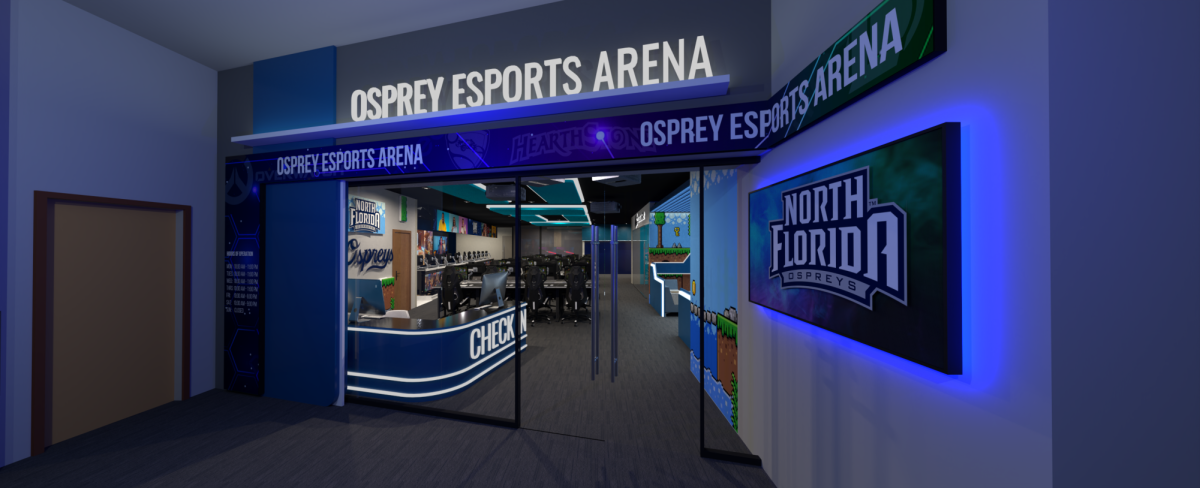

Ashley Ward | Oct 9, 2018 at 1:48 am
Hadn’t previously thought of how great the affect coffee and other cafinated beverages have on us! Great article! Kept me interested to the last word!
Stacy Cuellar | Oct 9, 2018 at 12:54 am
This is such an easy read and I didn’t want to stop reading! I love coffee as the next person but this made me realize that people can have a serious problem with withdraws.
Mikayla Cleary | Oct 8, 2018 at 1:39 pm
This is very entertaining and worth reading for the information!!
Alexandra Robertson | Oct 7, 2018 at 11:58 pm
So informative and so well written!!!! Great content 🙂
Elizabeth Lear | Oct 7, 2018 at 11:21 pm
I am a caffeine junkie, to think that caffeine can actually be a health concern especially to young adults is slightly alarming. Thank you for bringing this issue to light
Alie Feldman | Oct 7, 2018 at 11:06 pm
Hey girl I really liked the points you made in your article it really made me stop and think about how bad caffeine is for the body. Thanks for that ❤️
Jessica Lynch | Oct 7, 2018 at 9:47 pm
Amazing! Really speaks volumes about the problem!
Sofia Hertel | Oct 7, 2018 at 7:08 pm
So catchy and quirky and worth the read